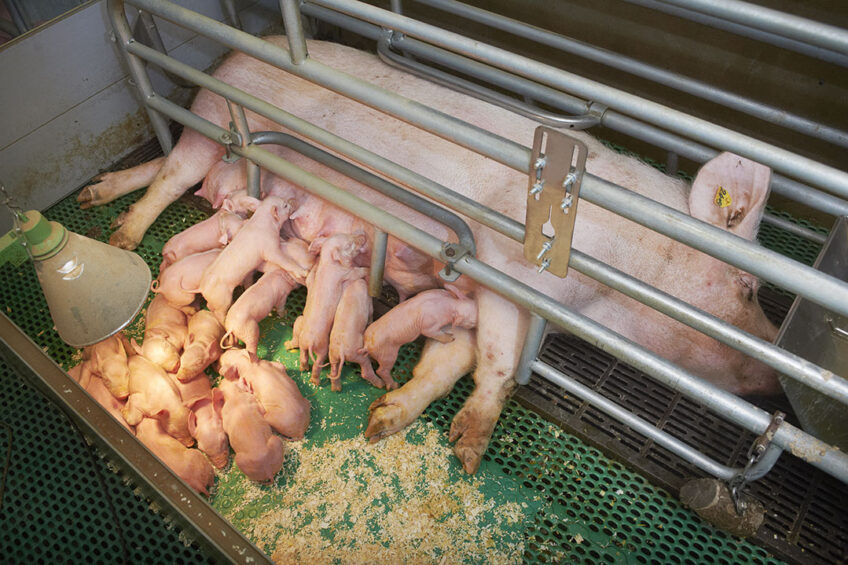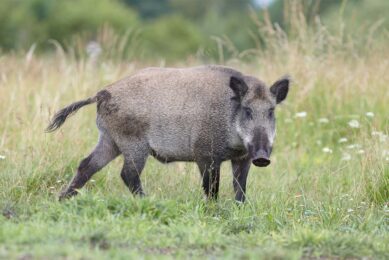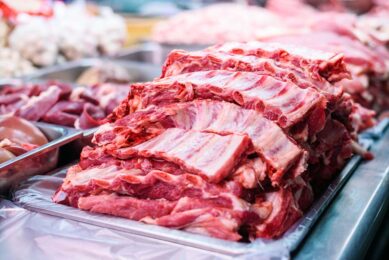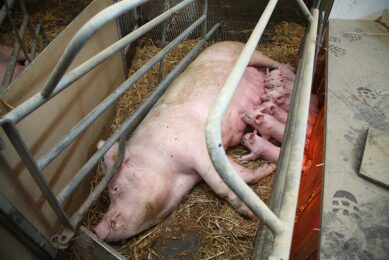European Parliament: No more cages and crates by 2027

The European Parliament has called for the end of caged farming within the next 6 years. The parliament members voted on a ban on the use of cages in animal agriculture by 2027.
The vote followed intensive lobbying by the ”End the Cage Age” European Citizens Initiative, led by 170 non-governmental organisations (NGOs) across Europe, which garnered 1.4m signatures from EU citizens and demanded the phasing out of cages on farms. Members of the European Parliament (MEPs) voted by 558 to 37 with 85 abstentions on the non-binding resolution.
Unlevel playing field in Europe
Even though the EU has banned the use of battery cages in poultry production and sow stalls during gestation, campaigners said this was not enough, given the perceived unlevel playing field across Europe with some nations already going beyond EU laws.
According to the initiative, 5 out of 28 countries are currently achieving more than 80% cage-free production, i.e. Austria (97%), Luxembourg (97%), Sweden (92%), Germany (86%) and the Netherlands (82%). Bottom of the list is Malta, with 1%. With regard to sows, the report is based on Eurostat figures, according to the initiative’s website.
In the European Parliament, a working group on cage-free farming established in 2017 has been actively supporting the “End the Cage Age” initiative and in April 101 MEPs from various political parties signed a letter of support addressed to EU Commissioners.

In New Zealand, farrowing crates were also outlawed late last year
Speeding up the review of animal welfare legislation
Last month, a motion for a resolution was also adopted by the parliament’s AGRI committee. Committee members called on the European Commission to speed up the review of the animal welfare legislation and back the phasing out of cages in farming, possibly by 2027, following an impact assessment and a properly funded transition for farmers. They also insisted on ensuring compliance with EU standards for all products imported into the EU.
It is expected that, by July 15, the European Commission will have made its decision as to whether to start a legislative process to ban caged farming. EU Food Safety commissioner Stella Kyriakides told MEPs the commission was considering a request contained within the resolution to apply the same animal welfare standards to meat imported from outside the EU as European farmers have to meet inside the bloc.
Kryiakides also noted the call for farmers to be compensated and supported in their transition from cages. She added the phase-out would happen “as soon as feasible” but did not give a specific date.
The results for pork production could be far-reaching, as it would likely change the current practice using farrowing crates. In recent years, a lot of research initiatives have already been launched to design free farrowing concepts.
 Beheer
Beheer









 WP Admin
WP Admin  Bewerk bericht
Bewerk bericht